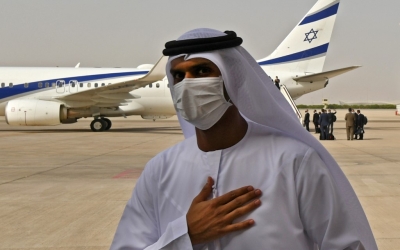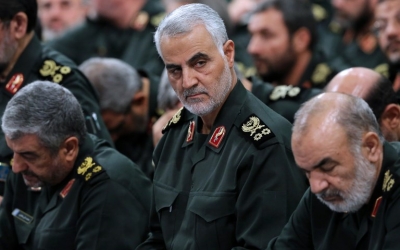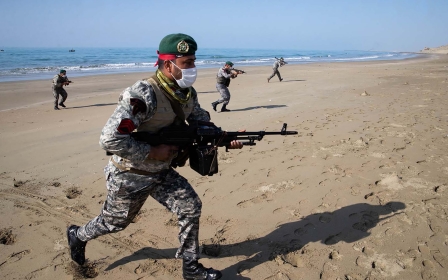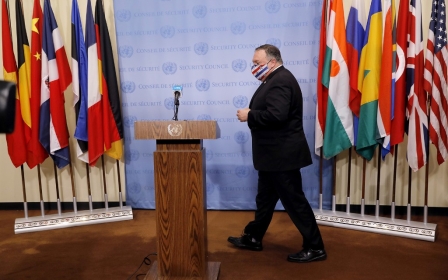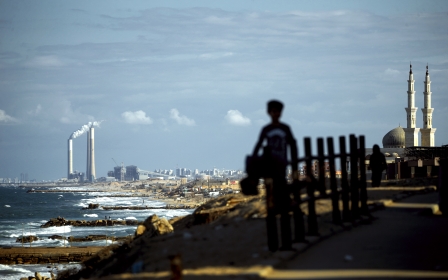Iran warns US against making 'strategic mistake' after Trump threat
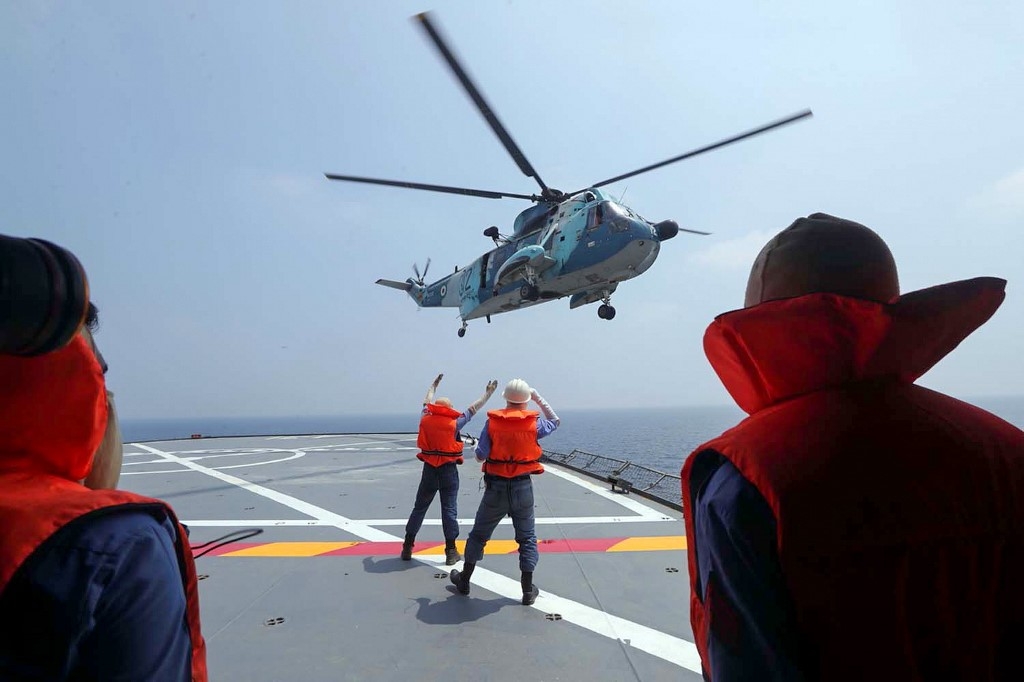
Iran warned the US on Tuesday against making a "strategic mistake" after President Donald Trump threatened Tehran following reports it planned to avenge the killing of top general Qassem Soleimani.
"We hope that they do not make a new strategic mistake and certainly in the case of any strategic mistake, they will witness Iran's decisive response," government spokesman Ali Rabiei told a televised news conference on Tuesday.
Rabiei's comments were in response to a tweet issued by Trump on Monday, in which he said any attack by Iran would be met with a response "1,000 times greater in magnitude".
Iran's alleged plan to avenge the assassination of Soleimani was first reported by Politico, which said it had obtained US intelligence reports that suggested an Iranian scheme to assassinate the US ambassador to South Africa before November's presidential election.
"According to press reports, Iran may be planning an assassination, or other attack, against the United States in retaliation for the killing of terrorist leader Soleimani," Trump tweeted, promising that any attack by Iran against the US would be met with great force.
But during a press conference later on Tuesday following a historic meeting with the UAE, Bahrain and Israel on the normalisation of diplomatic ties, Trump seemed to change his tact, stating that he wants "Iran to be a great country".
"I really believe Iran wants to make a deal. They've had a very tough time," Trump said, indicating that his administration would be ready to come to an agreement with Tehran after the US presidential election in November.
"I'm going to make a deal that's great for Iran, and it's going to get them back; we're going to help them in every way possible, and Iran will be very happy. Iran will be very rich, very quickly. But I think they should wait till after the election."
Ongoing tensions
Tensions between the US and Iran reached a level not seen in decades after the US assassinated Soleimani in an air strike in January. At the time, Tehran responded by striking several Iraqi military bases housing US troops. The attacks resulted in at least 100 American personnel being admitted to hospital with traumatic brain injuries.
Regarding Politico's report on the alleged Iranian plan to retaliate for the killing of Soleimani., Secretary of State Mike Pompeo said he did not "want to comment on the intelligence" but did not rule the prospect of a clandestine operation.
"The Iranians didn't need an action by the United States to conduct an assassination campaign throughout the world. This has been their model for 40 years. Their model of conducting political assassinations in Europe and other places, building out networks and capabilities - proxy forces all around the world - this is the Iranian model," Pompeo told Atlantic Council President and CEO Frederick Kempe during a virtual discussion earlier on Tuesday.
Problems between the US and Iran escalated in May 2018 when the Trump administration pulled out of a multilateral Obama-era nuclear deal with Tehran and began to reinstate a series of crippling sanctions.
Most recently, the Trump administration - met with broad international opposition - has launched a pressure campaign to gain support for the extension of an arms embargo on Iran which is set to expire in October. It also wants member states to reimpose UN sanctions on the country.
In an interview with France Inter radio on Tuesday, Pompeo vowed that Washington would prevent Iran from purchasing "Chinese tanks and Russian air defence systems", despite failing to gain support for the arms embargo extension.
Pompeo alleged that if given the opportunity to purchase such arms, Iran would resell the weapons to Hezbollah, an Iran-backed political and paramilitary group based in Lebanon that has long been blacklisted by the US as a "terrorist" organisation.
"While the EU has made a different decision about that [nuclear] agreement, they share our concern about the extension of that arms embargo," Pompeo alleged.
Last month, the UN Security Council rejected a US resolution to extend the embargo, with France, Germany and the US abstaining.
Middle East Eye propose une couverture et une analyse indépendantes et incomparables du Moyen-Orient, de l’Afrique du Nord et d’autres régions du monde. Pour en savoir plus sur la reprise de ce contenu et les frais qui s’appliquent, veuillez remplir ce formulaire [en anglais]. Pour en savoir plus sur MEE, cliquez ici [en anglais].


